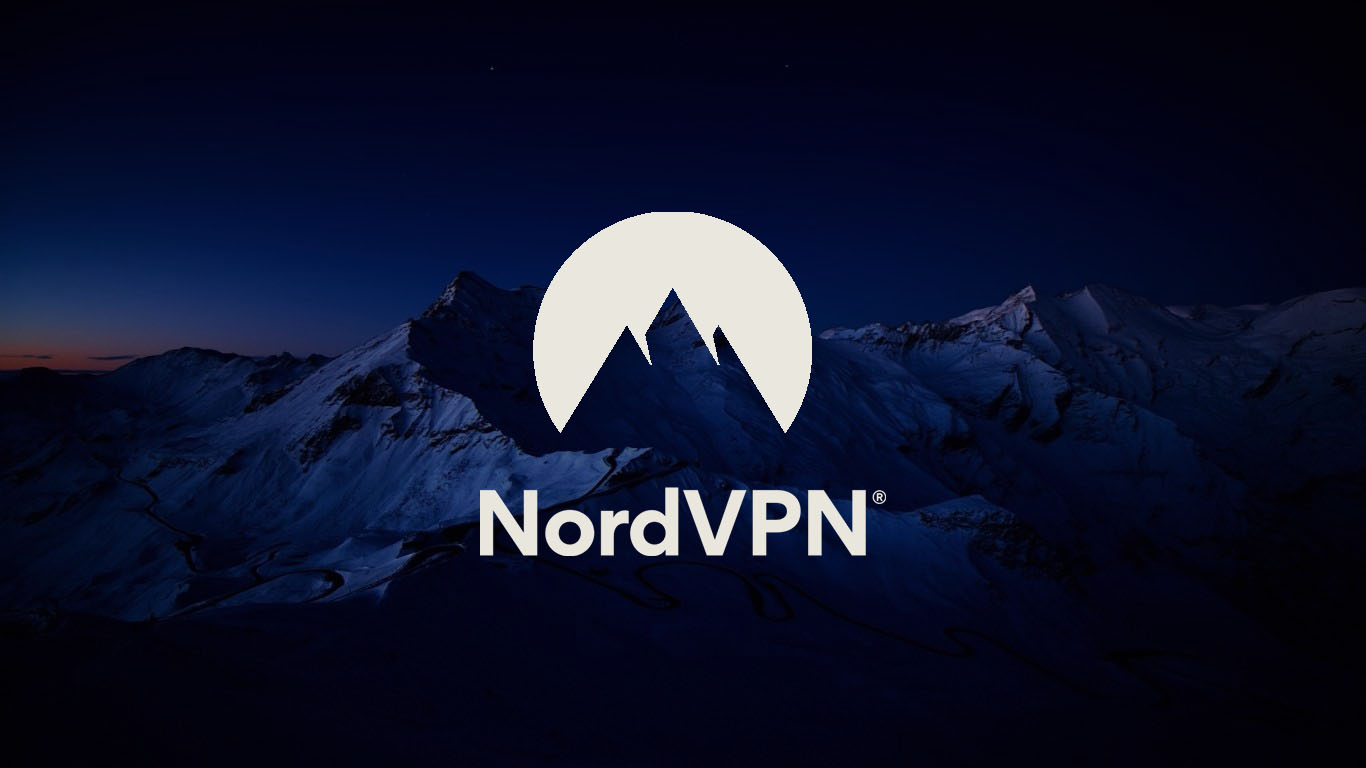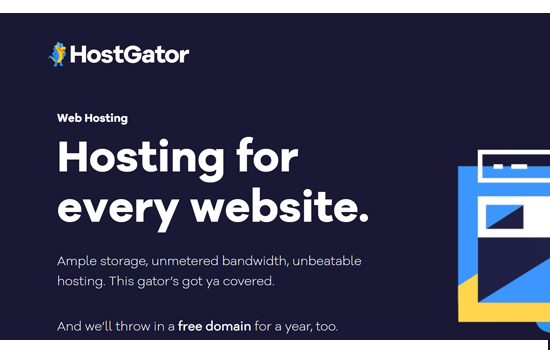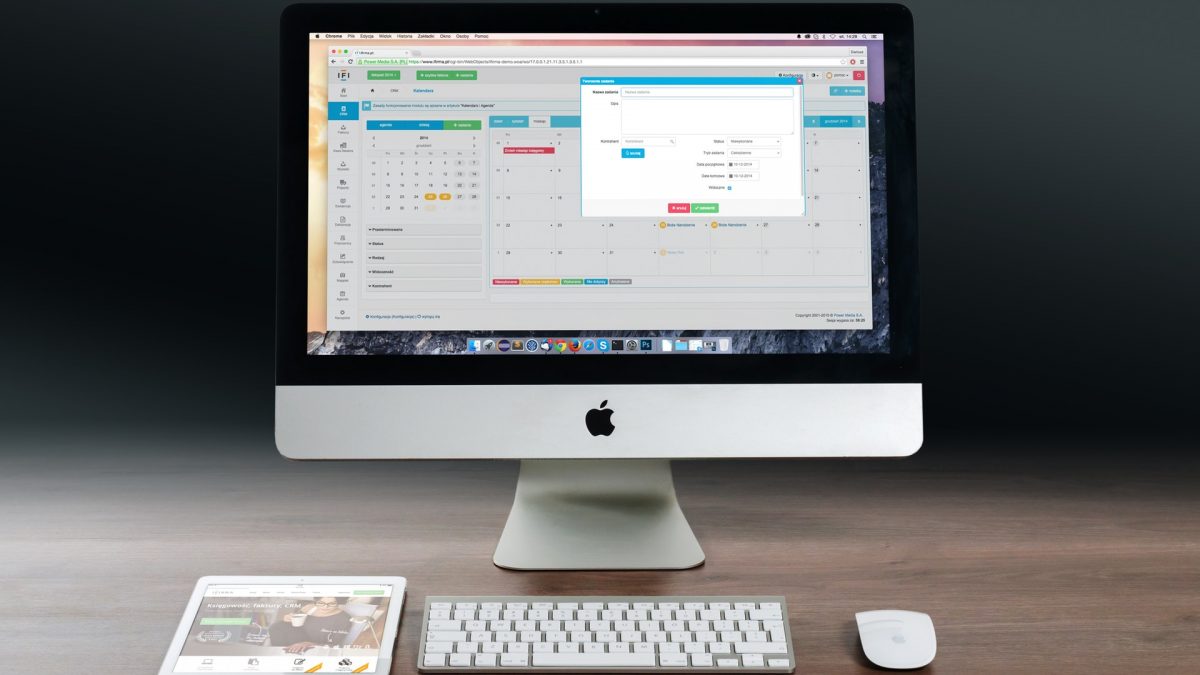In today’s digital age, staying safe and maintaining privacy online has never been more important. One of the most effective tools for protecting your online presence is a Virtual Private Network (VPN). But what exactly is a VPN, and why should you consider using one? In this article, we explore the many uses and benefits of using a VPN when browsing the web.
What Is a VPN?
A Virtual Private Network, or VPN, is a service that creates a secure, encrypted connection between your device and the internet. Essentially, it acts as a tunnel that hides your online activity and personal data from prying eyes, whether you’re using a public Wi-Fi hotspot or your home network.
Key Benefits of Using a VPN
1. Enhanced Online Security
- Encryption: VPNs encrypt your data, making it unreadable to hackers, cybercriminals, or anyone else trying to intercept your information.
- Protection on Public Wi-Fi: When using unsecured networks like those in cafes, airports, or hotels, a VPN keeps your sensitive information safe from potential eavesdroppers.
2. Improved Privacy
- IP Address Masking: A VPN hides your real IP address by replacing it with one from the VPN server. This makes it much harder for websites and advertisers to track your online activities.
- Anonymity: By masking your location and browsing habits, VPNs help maintain your anonymity on the web, ensuring that your digital footprint remains private.
3. Access to Geo-Restricted Content
- Bypass Censorship: In some countries, governments restrict access to certain websites and online services. A VPN can help you bypass these restrictions and access a free and open internet.
- Streaming and Content Access: Many streaming platforms restrict content based on geographic location. With a VPN, you can connect to servers in different countries, unlocking access to a broader range of movies, TV shows, and online content.
4. Safe Online Transactions
- Secure Banking and Shopping: Using a VPN when accessing online banking or shopping sites adds an extra layer of security to your financial transactions, protecting your credit card details and personal information from potential theft.
5. Remote Work Flexibility
- Access Company Networks: VPNs are commonly used by businesses to allow employees to securely access company data and networks remotely. This ensures that sensitive corporate information is transmitted safely, even when working outside the office.
- Collaboration: Secure VPN connections facilitate safe communication and file sharing, making remote work more efficient and secure.
How Does a VPN Work?
A VPN works by routing your internet connection through a server run by the VPN provider. This process encrypts your data and masks your real IP address, effectively making it look like your online activity is coming from the server’s location rather than your own. The result is a secure connection that protects your data from hackers and prevents websites from tracking your browsing habits.
Choosing the Right VPN
When selecting a VPN, consider the following factors:
- Security Features: Look for robust encryption, a strict no-logs policy, and additional security measures like a kill switch.
- Server Locations: A wide range of server locations allows you to access geo-restricted content from different regions.
- Speed and Reliability: Fast and stable connections are essential, especially if you plan to stream video or participate in video conferences.
- Ease of Use: Choose a VPN with a user-friendly interface and good customer support, making it easy to set up and use on all your devices.
Final Thoughts
A VPN is an essential tool for anyone who values online security, privacy, and freedom. Whether you’re safeguarding your personal data, accessing content from around the globe, or ensuring secure remote work, a VPN can provide peace of mind in an increasingly connected world.
Embrace the benefits of using a VPN today and enjoy a safer, more open internet experience. Protect your digital life—because your privacy and security matter.







